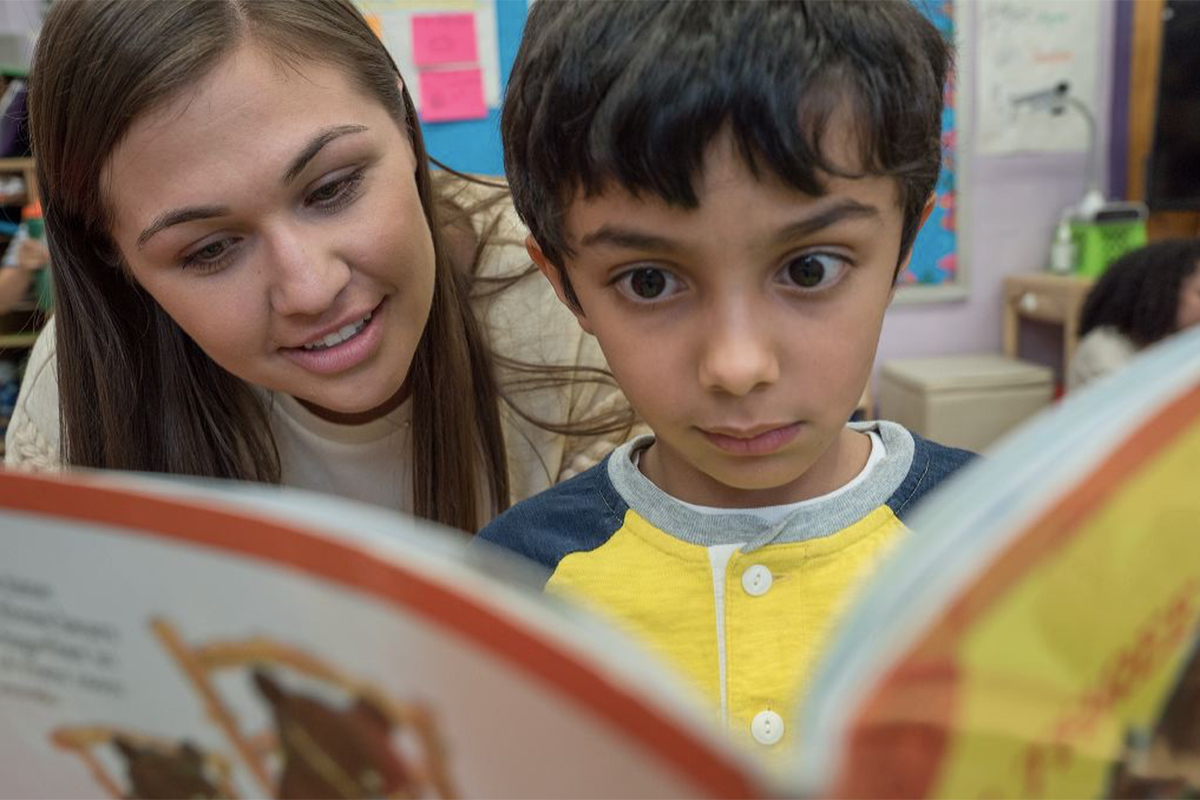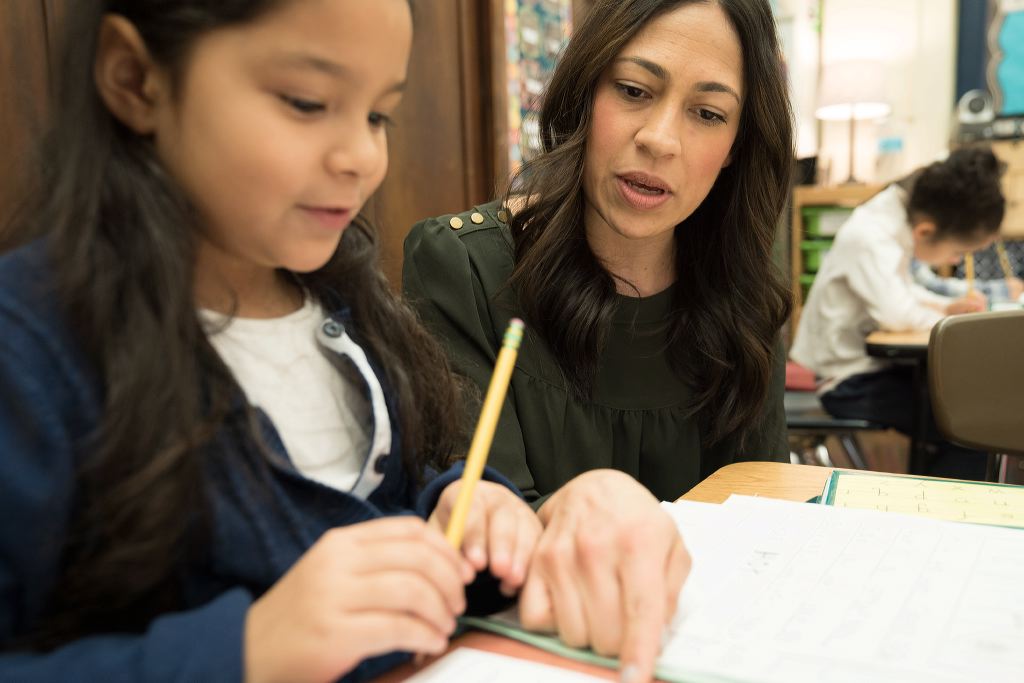Welcome to the Literacy Specialist program
The Literacy Specialist M.A. is a 32-point program that immerses participating graduate students in an intense study of practice, theory, and research. The Program prepares each participant to assume a leadership role in literacy education. Graduates who want New York State certification in Teaching Literacy can receive that certification upon completion of the program.
The program regards the teaching of reading and writing as complex undertakings and strives to equip its students to teach well. Students investigate individual literacy learning, group literacy learning, teacher development, community partnerships, institutional change, and other contemporary and political issues facing literacy education. The program assumes that teachers’ own literacy work will be a source of knowledge and inspiration. In the graduate courses, students reflect on their own literacy while also studying the literacy development of children and sometimes of young adolescents. Participating students work on their own writing–both creative and professional writing–and they participate in reading clubs and curriculum development projects.
The TC faculty in literacy have a long history of social action and of field-based engagement with schools. Faculty have special interests that include curriculum development in reading and writing, school reform, process approaches to reading and writing, content area literacies, ethnographic studies of literacy, designing professional development programs, research on the impact of class, race, and gender on literacy learning, and children’s literature. The faculty supports students as they participate in challenging courses, engage in readings, learn from mentorships, and conduct their own action-research projects in which they demonstrate their abilities to synthesize theory and practice and to weave the two together. Students who wish to research and improve their own literacy teaching and who want to serve in literacy positions to help others do the same will thrive in this program. Students who wish to continue their scholarly work may decide to continue their education through doctoral study.
Our Degrees & Projects
M.A. Degree
Advancing Literacy
Videos
Thoughts on Literacy Education
Marjorie Siegel talks about the Literacy Education program.
Admissions Information
Application Requirements
- Master of Arts
- Literacy Specialist NY State Initial: Literacy Specialist Birth-6

